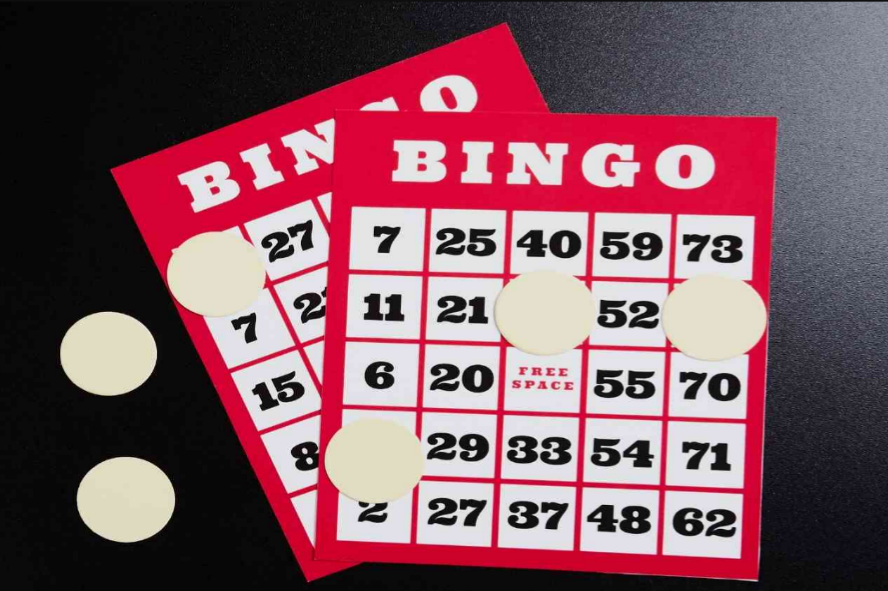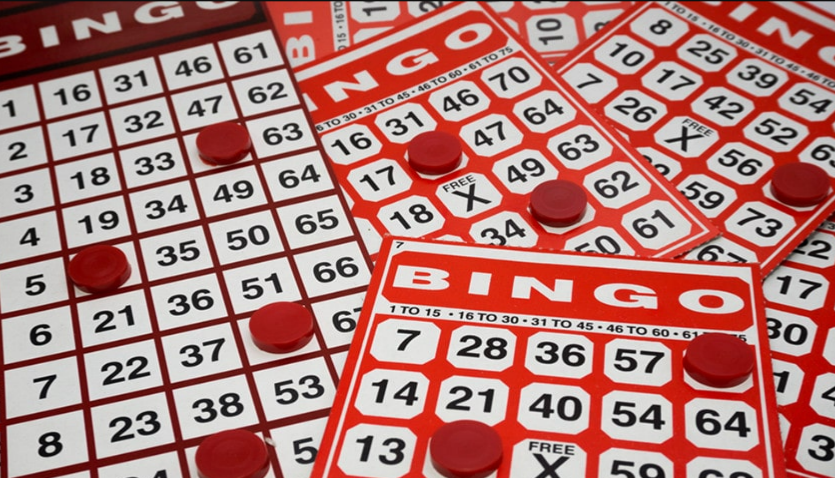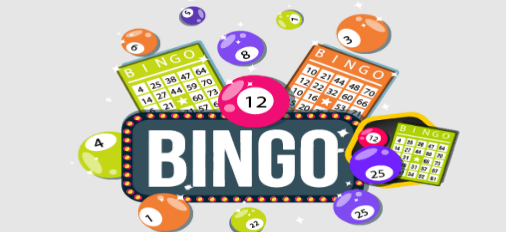Bingo is predominantly a game of chance. The outcome of a Bingo game depends heavily on the random drawing of numbers, over which players have no control.
Understanding the Concept of Chance
The concept of chance often relates to the probability of a particular outcome occurring in a given event. In many games, including Bingo, this outcome is not determined by the players’ choices or actions, but by an unpredictable process, such as the drawing of a card or number.

Chance in Games
Many games revolve around the concept of chance. In these games, players have no control over the outcome, and winning or losing is based entirely on luck. For instance, in games like roulette or lottery, the results depend solely on random number generation.
Understanding the probability in games of chance involves knowing the total number of possible outcomes and the number of outcomes that represent a win. For instance, in a simple coin toss, the probability of getting heads is 1/2, because there are two possible outcomes and one of them represents a win.
These games, like Bingo, often involve a random number generator or an unbiased drawing of numbers.
Factors Influencing Chance in Bingo
In the game of Bingo, chance plays a significant role. Each player gets a card with a certain number of random numbers on it, and the caller draws numbers at random. Therefore, the outcome depends on which numbers get drawn and whether those numbers match the ones on the player’s card.
One factor that can affect the chances in Bingo is the number of cards in play. With more cards, there are more numbers in play, which can influence the probability of a particular number being drawn.
Understanding the Concept of Skill
Skill in gaming often refers to a player’s expertise, proficiency, or ability that affects the outcome of a game. Unlike games of chance, games of skill require not only luck but also strategy, knowledge, and sometimes physical prowess.
Skill in Games
Many games, like chess, poker, and even video games, often require skill. Players need to understand the game’s rules, recognize patterns, formulate strategies, and make decisions that will influence the game’s outcome. The more a player practices, the better they get – hence the game becomes a test of skill.
For example, a chess player needs to anticipate the opponent’s moves and plan strategies several steps ahead. Similarly, a poker player needs to understand the probabilities, read their opponents’ behavior, and decide when to fold or bet.
Factors Influencing Skill in Bingo
While Bingo predominantly falls into the category of games of chance, some believe that there’s a certain degree of skill involved. The skill in Bingo could relate to number recognition, hand-eye coordination, and even social interactions, depending on the Bingo variation.
For instance, in traditional Bingo games, players must quickly scan their cards to find the number called out. They need to recognize the number, locate it on their card(s), and mark it. Players with better number recognition skills and quicker responses might have a slight advantage.
In online Bingo, players often have the option to play multiple cards at once. Managing multiple cards requires concentration and quick responses, adding a layer of skill to the game.
Analysis of Chance and Skill in Bingo
While the concepts of chance and skill may seem contradictory, many games, including Bingo, feature elements of both. This section provides an analysis of how chance and skill coexist in Bingo.

Bingo: A Game of Pure Chance?
When it comes to Bingo, many argue that it’s a game of pure chance. This perspective stems from the game’s core mechanics – each player receives a card with random numbers, and a caller draws numbers at random. Players have no control over which numbers get called, and therefore, the outcome is entirely based on luck.
The unpredictability inherent in Bingo sets it apart as a game of chance. Regardless of how many games you’ve played or how well you know the game, each draw is independent and has an equal probability of being selected. In other words, the results of previous games do not influence future ones.
Does Skill Play a Role in Bingo?
On the other hand, some players argue that Bingo involves a degree of skill. While acknowledging that the primary determinant of the game’s outcome is chance, these players believe that skills like number recognition, hand-eye coordination, and the ability to manage multiple cards can enhance their gaming experience.
For instance, being able to quickly scan and accurately mark your card could potentially help you call “Bingo!” faster. Managing multiple cards in online Bingo requires focus and quick responses, adding a skill factor to the game. Some even say that the social aspect of Bingo, like in team play, demands communication skills.
However, even with these potential skill factors, the drawn numbers in Bingo remain entirely random, suggesting that any skill involved has minimal impact on the game’s outcome.
A Statistical Perspective: Chance vs Skill in Bingo
Statistically speaking, the outcome of a Bingo game is difficult to predict, which reinforces the notion of Bingo as a game of chance. Each number has an equal chance of being called, and patterns from previous games do not influence the future outcomes.
While there’s a slight skill element involved in Bingo, especially in certain variations of the game, it does not substantially impact the odds of winning. The statistically random nature of number drawing ensures that each player, regardless of their skill level, has an equal chance of winning.
Comparing Bingo to Other Games of Chance and Skill
Comparing Bingo to other games can provide a broader perspective on its balance of chance and skill. This section will compare Bingo with the lottery, chess, and poker.
Bingo vs Lottery: A Study of Chance
Both Bingo and the lottery are games of chance where players have no control over the outcome. Each relies on the random drawing of numbers. However, while the number of potential winning combinations in a lottery can be astronomical, Bingo limits possible outcomes through the number of cards in play and the specific game variation. This difference makes winning at Bingo statistically more likely than winning the lottery.

In addition, social interaction and the possibility of skill elements (like number recognition and card management) make Bingo more interactive and potentially more engaging than the lottery, which is purely a game of luck.
Bingo vs Chess: A Study of Skill
Contrasting Bingo with a game of skill like chess highlights the significant role chance plays in Bingo. In chess, there are no elements of chance. Every move is strategic, requiring deep understanding, planning, and anticipation of the opponent’s moves. Players with better strategies and tactics are more likely to win.
On the other hand, Bingo relies heavily on the random drawing of numbers. Regardless of the player’s understanding or experience, the outcome primarily depends on luck. While there’s an element of skill in recognizing and marking numbers, it has little impact on whether a player will win or lose.
Bingo vs Poker: Balancing Chance and Skill
Poker presents an interesting middle ground between chance and skill. Like Bingo, poker involves elements of chance, as players have no control over the cards they’re dealt. However, unlike Bingo, poker also involves a high degree of skill in betting strategy, bluffing, and understanding probabilities.

